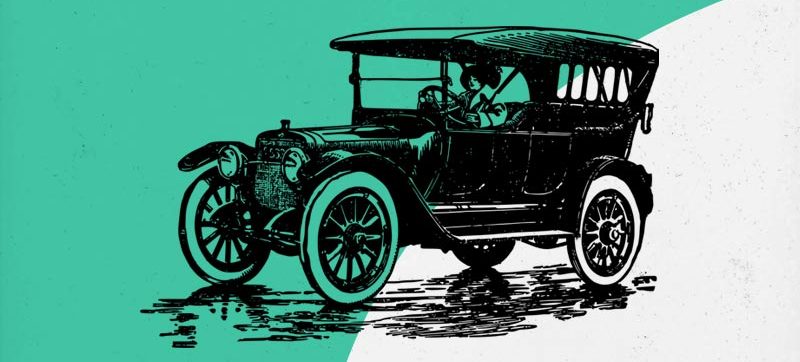
Planning a visit to Germany or Austria? Already there perhaps?
Most people you’re going to meet in Germany will be able to communicate in English to some extent, but what if you’d like to try your hand at expressing yourself in German?
In today’s article we’re looking at the most basic German phrases you’re going to need for getting around, ordering food, talking to people, booking a hotel room and more. Note: Some of these phrases appear twice, once in their formal and their informal version. As a general rule of thumb, if you’re talking to someone in a formal setting (clerks, waiters, hotel staff, etc.) and/or they’re older than you, Sie is the better choice. Friends, family, close acquaintances or children are generally addressed with Du.
Basic German Words & Phrases
Let’s start with the absolute fundamentals you’re going to need on a daily basis:
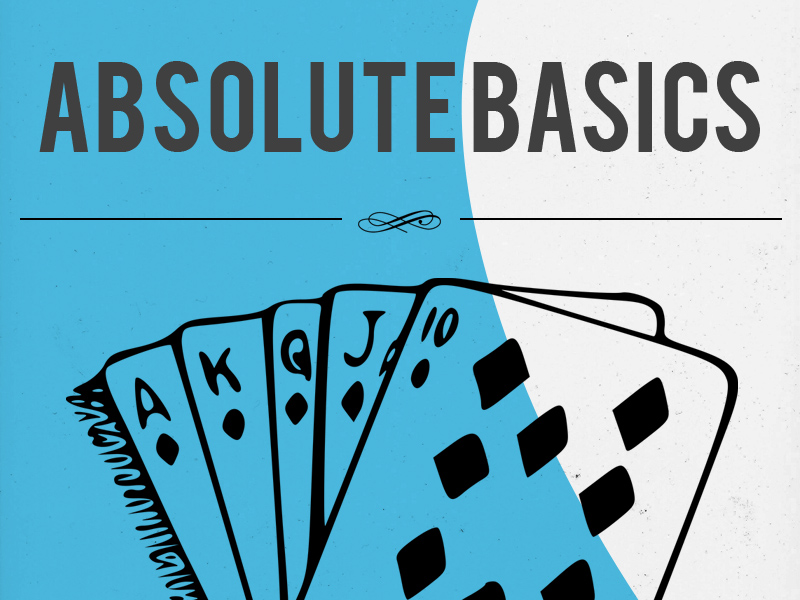
Hallo!
Hello!
Danke.
Thank you.
Auf Wiedersehen!
Goodbye
Bitte.
Please/You’re welcome.
Ja
yes
Nein
no
Vielleicht
maybe
Entschuldigung!
Excuse me!
Guten Tag!
Good day!
Guten Morgen!
Good morning!
Guten Abend
Good evening
Meet & Greet in German
Next up, let’s have a look at some basic German phrases for talking to people. Here you’ll find everything you’re going to need for introducing yourself and starting up your first German conversation:
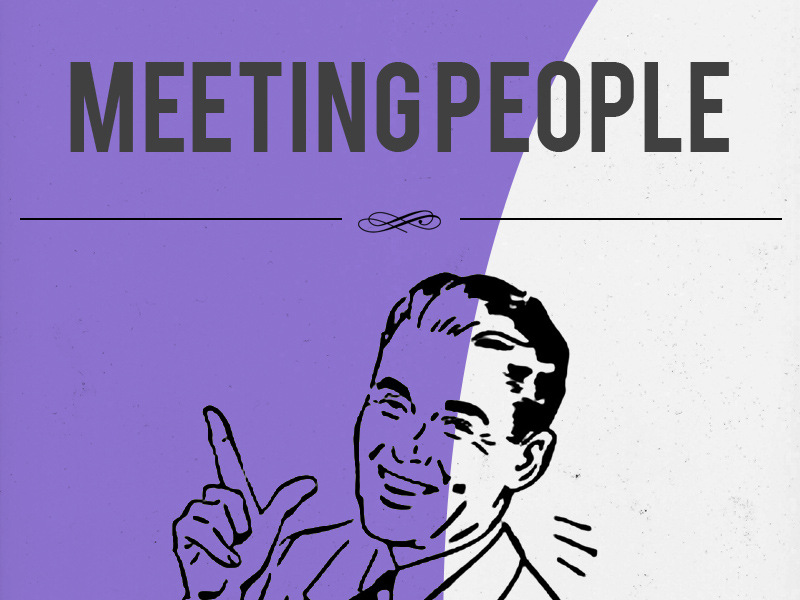
Ich heiße …
My name is …
Wie heißen Sie?
What’s your name? (formal)
Wie heißt du?
What’s your name? (informal)
Woher kommen Sie?
Where are you from?
Woher kommst du?
Where are you from?
Ich komme aus …
I’m from …
Wie geht es Ihnen?
How are you?
Wie geht es dir?
How are you?
Ich kann nicht (so gut) Deutsch sprechen.
I can’t speak German very well.
Sprechen Sie Englisch?
Do you speak English? (formal)
Sprichst du Englisch?
Do you speak English? (informal)
Können Sie das bitte wiederholen?
Could you repeat that? (formal)
Kannst du das bitte wiederholen?
Could you repeat that? (informal)
Nett Sie kennenzulernen.
I’m pleased to meet you. (formal)
Nett dich kennenzulernen.
I’m pleased to meet you. (informal)
Kommen Sie oft hierher?
Do you come here often? (formal)
Kommst du oft hierher?
Do you come here often? (formal)
German Phrases For Going Shopping
Now that we’ve learned some basic German words and phrases to have simple exchanges, let’s hit the shopping malls and pedestrian zones and start shopping in German:

Wie viel kostet … ?
How much is …?
Haben Sie …?
Do you have?
Wo finde ich …?
Where can I find …?
Wo sind die Toiletten, bitte?
Where are the restrooms, please?
Kann ich mit Kreditkarte zahlen?
Can I pay with credit card?
Wo ist der nächste Geldautomat?
Where is the closest ATM?
Kann ich bar bezahlen?
Can I pay cash?
Nehmen Sie (Visa/Mastercard, etc.)?
Do you accept (Visa/Mastercard, etc.)?
How To Get From A To B in German
One of the most important parts of travelling in a foreign country is making sure you catch the right bus, train or tram on time. Here are some basic German phrases for securing your transportational needs:
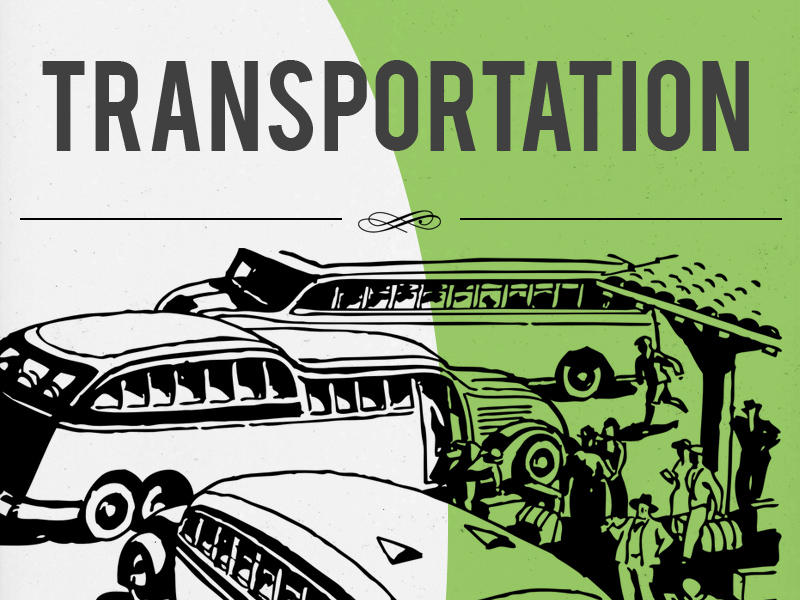
Eine Fahrkarte nach …, bitte!
One ticket to …, please!
Was kostet eine Fahrkarte nach …?
How much is a ticket to …?
Wann fährt der nächste Bus/Zug nach …?
When does next bus/train leave to …?
Wohin fährt dieser Bus/Zug?
Where does this bus/train go?
Wann kommt dieser Bus/Zug an?
When does this bus/train arrive?
Hotels & Lodging
Most staff at big hotels is trained to handle your business in English, but what if the personnel at that quaint little seaside lodging only speaks German? The following phrases may come in handy:
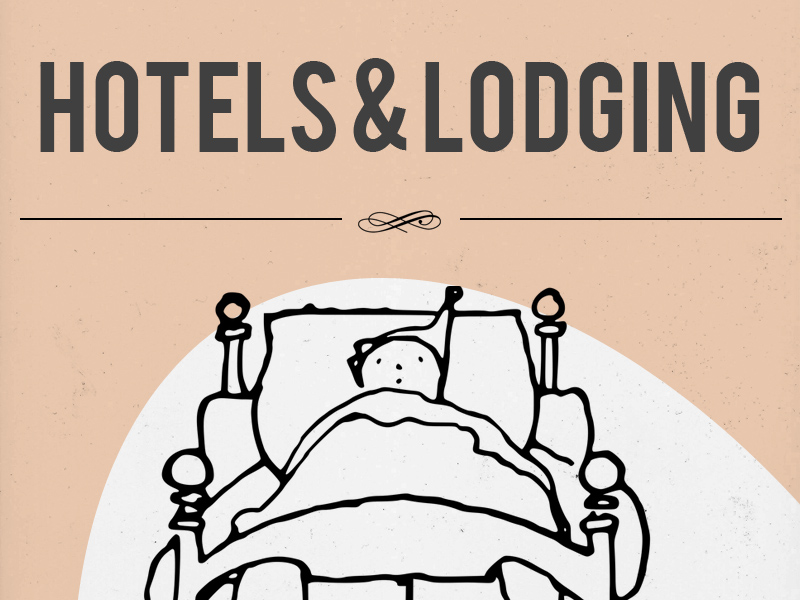
Sind noch Zimmer frei?
Do you have any rooms available?
Wie viel kostet ein Einzelzimmer?
How much is a single room?
Wie viel kostet ein Doppelzimmer?
How much is a double room?
Hat das Zimmer …?
Does the room come with …?
eine Klimaanlage – air conditioning
einen Balkon – balcony
einen Fernseher – TV
Ich bleibe für … .
I’ll stay for … .
eine Nacht – one night
zwei Nächte – two nights
drei Nächte – three nights
Wann gibt es Frühstück/Abendessen?
When is breakfast/dinner?
Ich möchte auschecken.
I’d like to check out.
German Phrases For Eating Out
Tired of being immediately spotted as (and treated like) a tourist? Why not try your hand at ordering your food like a local? Here are some of the basics you’re going to need while eating out in Germany:
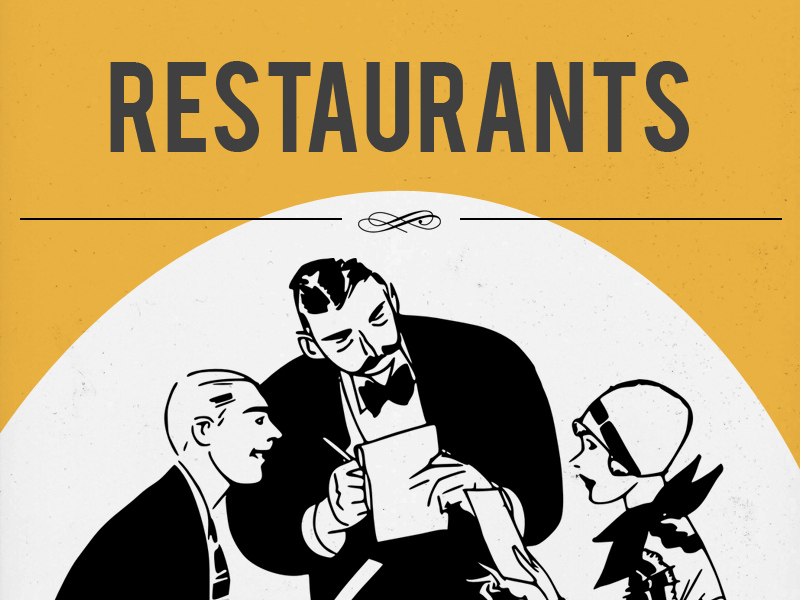
Die Speisekarte, bitte.
The menu please.
Einen Tisch für eine Person/zwei/drei …, bitte.
A table for one/two/three …, please.
Ich bin Vegetarier.
I’m vegetarian.
Ich hätte gerne …
I’d like to have …
Noch ein …, bitte!
Another …, please!
Schweinefleisch
pork
Hühnchen
chicken
Rindfleisch
beef
Nudeln
Pasta
Suppe
soup
Gemüse
vegetables
Saft
juice
Wein
wine
Bier
beer
Leitungswasser
tap water
Achtung! Basic German For Emergencies
Unfortunately, even the most meticulously-planned holiday isn’t safe from the occasional hazard. Hence, here are some basic German phrases to use in moments of emergency:
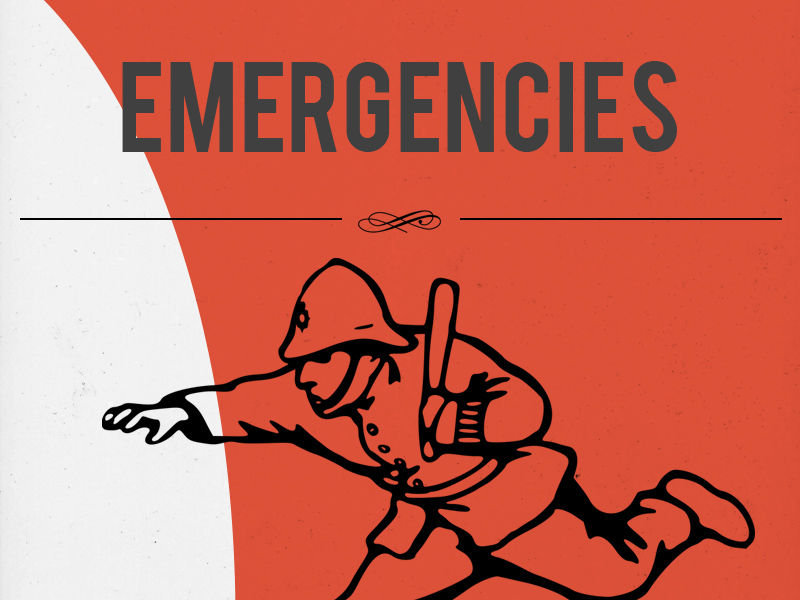
Hilfe!
Help!
Feuer!
Fire!
Halt! Ein Dieb!
Stop! A thief!
Rufen Sie die Polizei!
Call the police! (formal)
Ruf die Polizei!
Call the police! (informal)
Ich brauche einen Arzt.
I need a doctor.
Wo ist das nächste Krankenhaus?
Where’s the closest hospital?
Kann ich Ihr Telefon benutzen?
Can I use your phone? (formal)
Kann ich dein Telefon benutzen?
Can I use your phone? (informal)
German Holiday Greetings For Beginners
When your travel plans coincide with one of the local holidays, the following German holiday greetings will surely be useful:
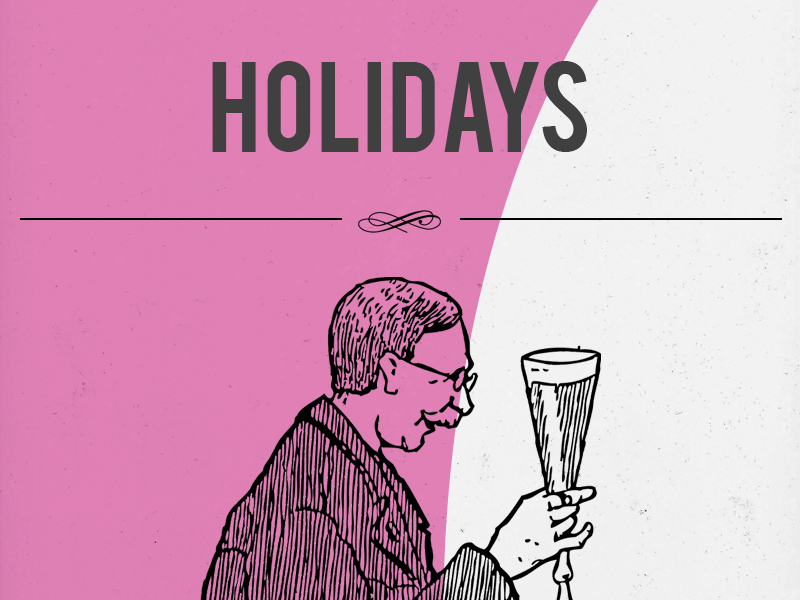
Frohe Weihnachten!
Merry Christmas!
Frohe Ostern!
Happy Easter!
Frohes Neues!
Happy New Year!
Herzlichen Glückwunsch zum Geburtstag!
Happy Birthday!
Cheatsheet
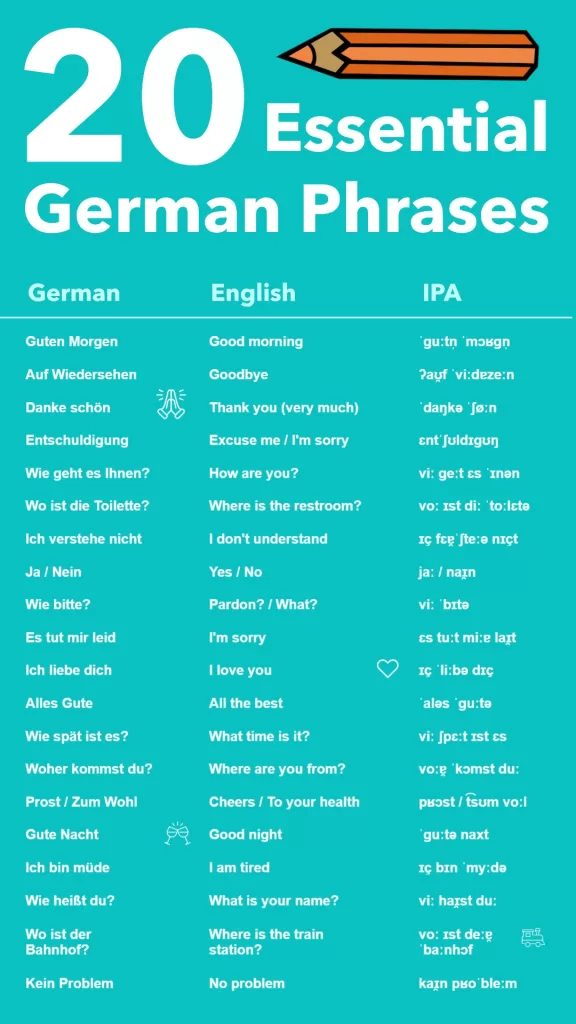
–


